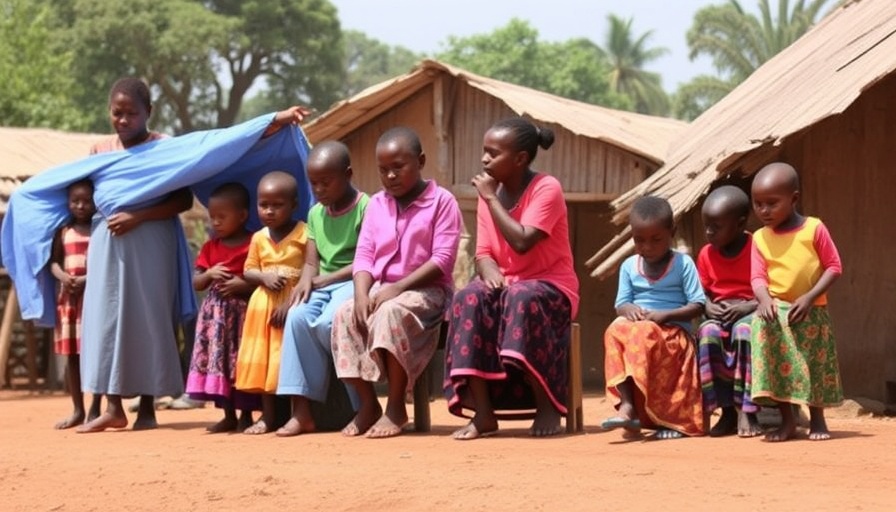
Kenya's Stance on Returning Refugees: A Comprehensive Overview
In a move that raises eyebrows within humanitarian circles, Kenya's government has declared that it will not provide any compensation for citizens returning from the asylum abroad. Prime Cabinet Secretary Musalia Mudavadi made this announcement during a recent Senate session, emphasizing that the government’s responsibilities lie in facilitating safe returns and reintegration rather than financial redress.
The Context of Returning Refugees
Kenya is home to numerous individuals who have fled political violence, particularly following the 2008 post-election turmoil. Many of these returnees from countries like Uganda often argue that they deserve compensation due to the circumstances that forced them into exile. Mudavadi firmly stated that the government's role is to ensure safety and basic services for returning citizens, aiming to prevent another cycle of displacement.
Challenges and Concerns Surrounding Repatriation
As Kenya prepares for the repatriation of thousands of refugees, there are unresolved issues lingering over the details of the process. For instance, the government acknowledges approximately 4,993 refugees from Ethiopia who are willing to return, but the execution of their safe repatriation hinges on complex bureaucratic engagements with both the Ethiopian government and UNHCR. Such discussions delve into practicalities like settlement identification and internal surveys, which can significantly delay processes, given the historical context of conflicts that caused their displacement.
Economic Implications of Refugee Repatriation
The decision not to offer compensation could have profound implications for Kenya’s social fabric and economic dynamics. Analysts suggest that while the government aims to reintegrate returning refugees effectively, the lack of financial support might present barriers to a sustainable transition. Refugees returning with limited resources often face challenges in rebuilding their lives, which may affect their ability to contribute to Kenya's economy effectively.
Insights on Governance and Policy Direction
The longstanding view on refugee support and repatriation in Kenya illustrates a broader narrative within African politics regarding governance and state responsibility. As the government navigates its obligations towards returning citizens, it encapsulates a critical debate on how best to manage refugee populations while fostering a stable socio-political environment.
As this situation develops, stakeholders from various sectors, including policymakers, humanitarian organizations, and local governance bodies, must collaborate to enhance the frameworks surrounding refugee policies. With a commitment to ensuring safety and reintegration, the focus should also embrace livelihood support and community integration to optimize the benefits of repatriation for both returnees and the host community.
 Add Row
Add Row  Add
Add 


 Add Row
Add Row  Add
Add 

Write A Comment